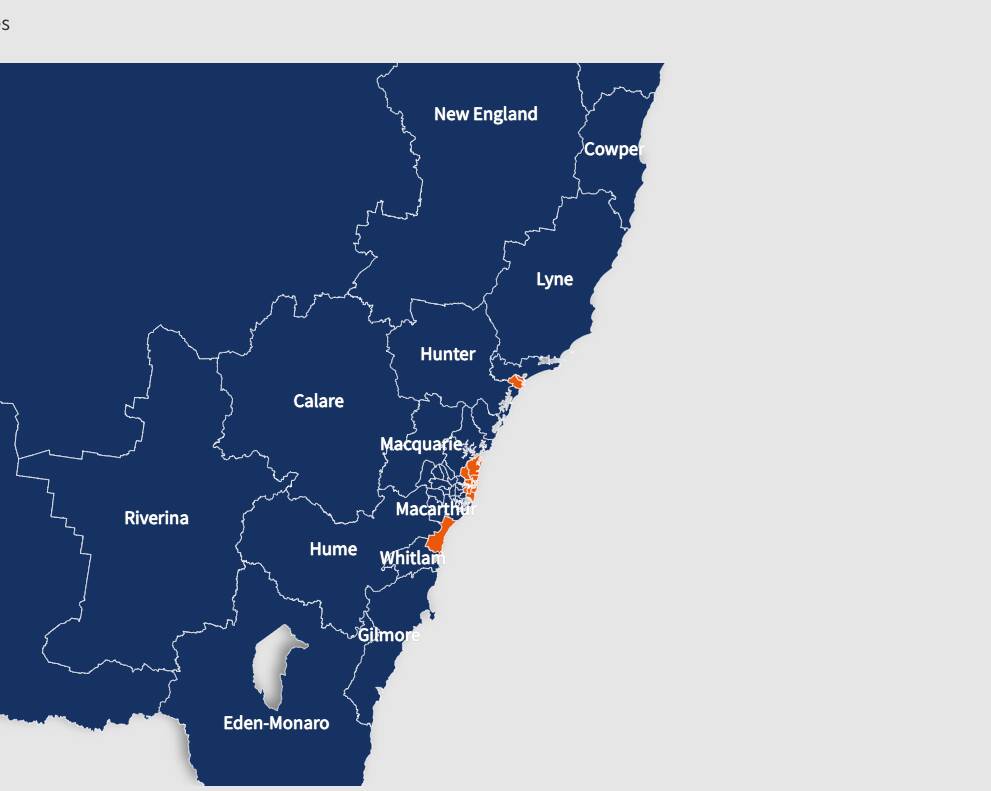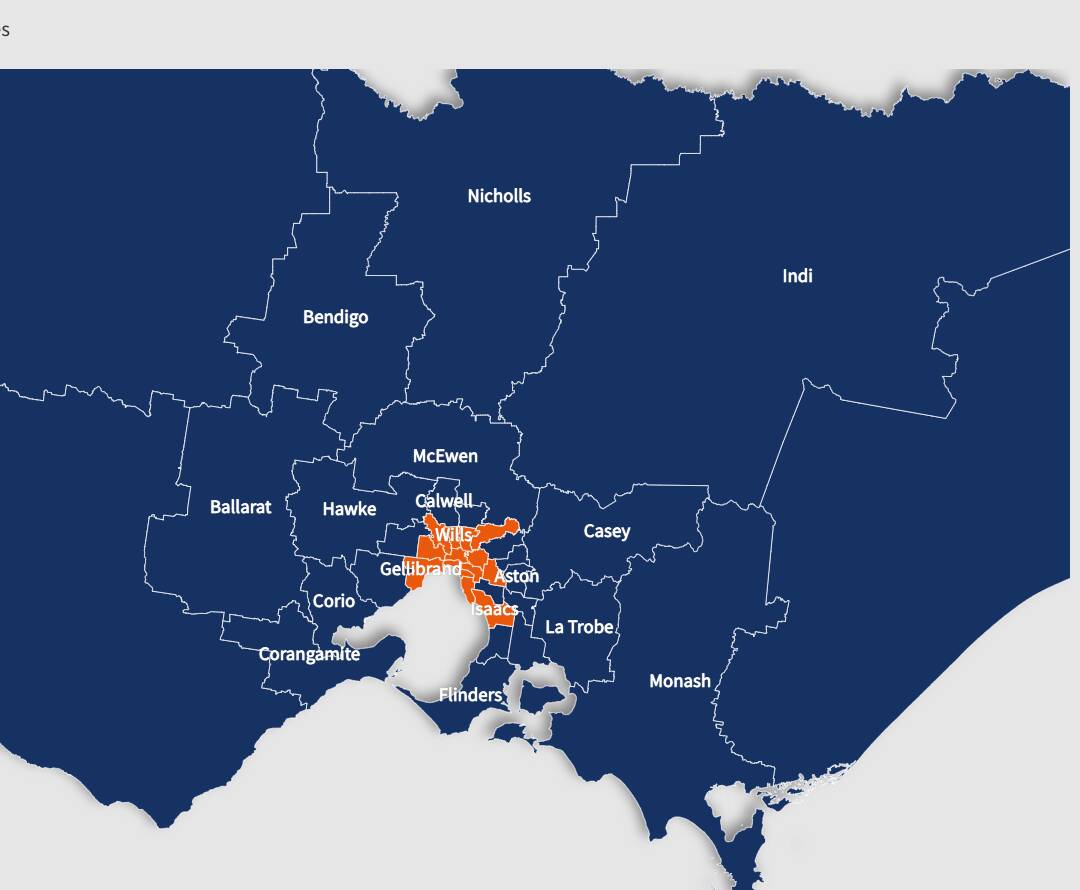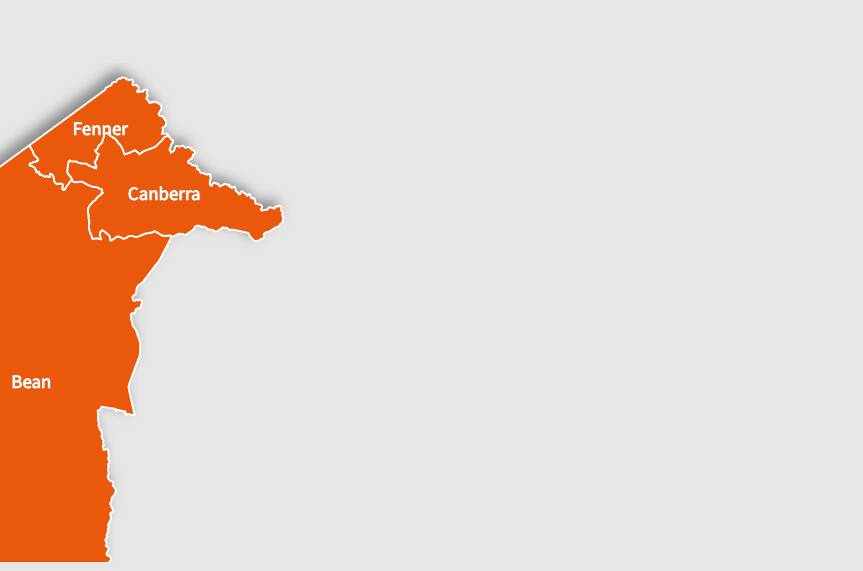The referendum on an Indigenous Voice to Parliament has revealed a stark divide between inner-city voters around the country and those living in most regional and rural parts of the country.
An analysis of how those in the 151 federal electorates voted in Saturday's poll shows almost without exception only those in inner-city areas were in support of the vote, with that support dropping the further away polling booths were from the capital cities.
The ACT was the only jurisdiction to fully support the referendum, with voters in all three federal seats of Bean, Fenner and Canberra returning more than 50 per cent support, even though the votes of territorians did not have the same sway in the result. For a referendum to be successful, a majority of voters in a majority of states need to be in support.
In NSW, electorates clustered around Sydney Harbour including Wentworth, Warringah and North Sydney showed strong support for the Voice, with about 60 per cent of voters in support. Newcastle, and the seat of Cunningham, home to the city of Wollongong, were the only other bright spots for the "yes" campaign on the night amid a sea of blue on the night.

In Victoria it was a similar picture, with the 13 of the state's 39 federal electorates voting majority "yes".
Those electorates were all clustered around the state capital of Melbourne and Port Phillip Bay.
The inner-city electorate of Melbourne had the highest support for the referendum, with nearly 80 per cent of voters backing the change.
That was in stark contrast to the large Nationals-held rural electorate of Mallee in the state's north east, where more than 78 per cent of residents voted "no".

In Queensland, the state that delivered a thumping "no" vote on Saturday, only the three Greens held seats of Brisbane, Griffith and Ryan voted "yes", while in Western Australia, just two electorates, Perth and neighbouring Curtin, voted in favour of the change.

The divisions were equally stark along political lines.
Of the 32 electorates that voted majority "yes", just one - Bradfield in Sydney's north, covering suburbs of St Ives, Turramurra and Roseville - was held by a member of the Coalition, Liberal Julian Leeser, who was one of the most outspoken Liberal voices opposing his party's support for the "no" campaign.
Eight seats held by independent "teal" candidates bucked the national trend and voted "yes", while the remaining electorates that supported the referendum were held by The Greens or Labor, both of which campaigned strongly in favour of the Voice.







